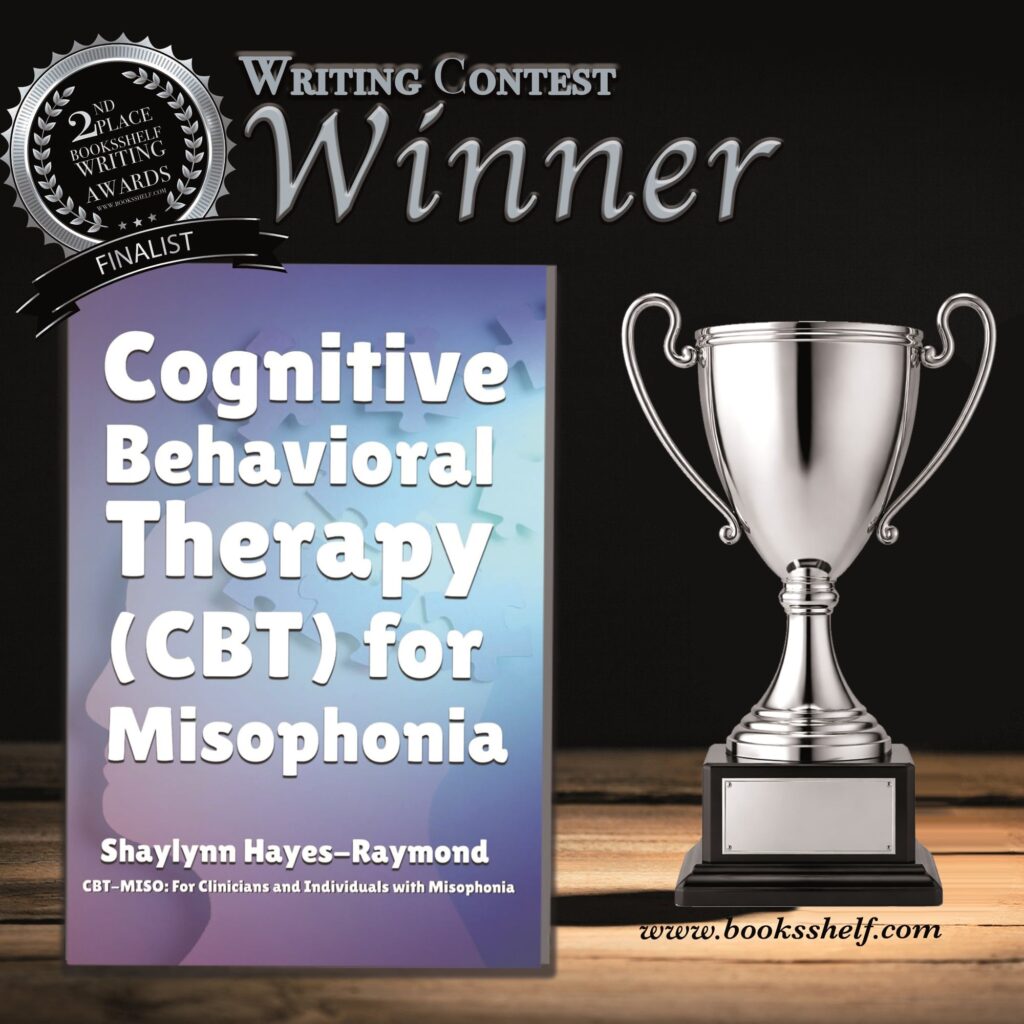
Many persons ask the question, “Is Misophonia psychological?”
 While the answer to this question is largely based on a small body of research, the answer is none-the-less important . This question is particularly challenging not because of misophonia, but because of the ever-changing field of research and theory. In modern times it has become increasingly difficult to categorize disorders in this way because disorders overlap, and exact cause often remains unknown. This, of course, adds to the confusion.
While the answer to this question is largely based on a small body of research, the answer is none-the-less important . This question is particularly challenging not because of misophonia, but because of the ever-changing field of research and theory. In modern times it has become increasingly difficult to categorize disorders in this way because disorders overlap, and exact cause often remains unknown. This, of course, adds to the confusion.
While a research paper has declared misophonia a psychiatric disorder, there is perhaps little evidence to support this claim. While the paper asserts that Misophonia is not only psychiatric, but related to OCD, little more is offered than a case study of 2 children. Furthermore, findings were self-reported and small scale. Dr. Jennifer Jo Brout explains the limitations of the study.
“[A]s limitations to their study, the authors note that most study participants were female and that only self-report measures were used. However, in a case study of two children, the researchers report that Misophonia appears to be a psychiatric disorder that is highly correlated with OCD. In addition, due to accommodations parents have made so that children may avoid “trigger sounds” at home, trigger sounds may have in fact worsened. That is, lack of exposure to these particular noises have worsened the severity of the response. In general, the OCD researcher/clinicians agree that patients would benefit from by re-conditioning therapy similar to that of the Jastreboff’s.”
But, aside from this research, is misophonia psychological?
Compelling evidence has arisen that points misophonia in a different direction. Instead of psychological, the condition may in-fact be neurological. Not only this, it takes part in the center of the brain that regulates fear, the limbic system. As explorations continue, it seems less likely that misophonia is merely a psychological predicament. However, this does not mean that a cross-disciplinary approach will not be beneficial for the eventual treatment of the disorder.
Miren Edelstein, researcher and author of, “Misophonia: physiological investigations and case descriptions” advocates for better communication in the research world, particularly for brain conditions.
“I think it would be extremely beneficial to have neuroscientists and audiologists, as well as clinical psychologists, psychiatrists, and physicians, all collaborating together to conduct Misophonia research. Right now, a major problem for Misophonia research that needs to be addressed is the lack of communication between various fields of study. Researchers from different disciplines all have unique and valuable perspectives on the topic, but this information is not being communicated in an effective manner across groups. I believe that an interdisciplinary research environment, while simultaneously promoting a more unified dissemination of knowledge, will be the most effective at fostering breakthroughs in the field.”
The complexity of misophonia is important. While the disorder does some psychological symptoms it does not entirely pertain to psychological processes, “In addition to reporting psychological symptoms, all of our misophonics reported physical symptoms synonymous with autonomic arousal in response to trigger sounds.” (Edelstein)
While an exact answer on whether or not misophonia is psychological is not yet possible, there is great cause for concern when the condition is absent-mindlessly labelled as psychological.








